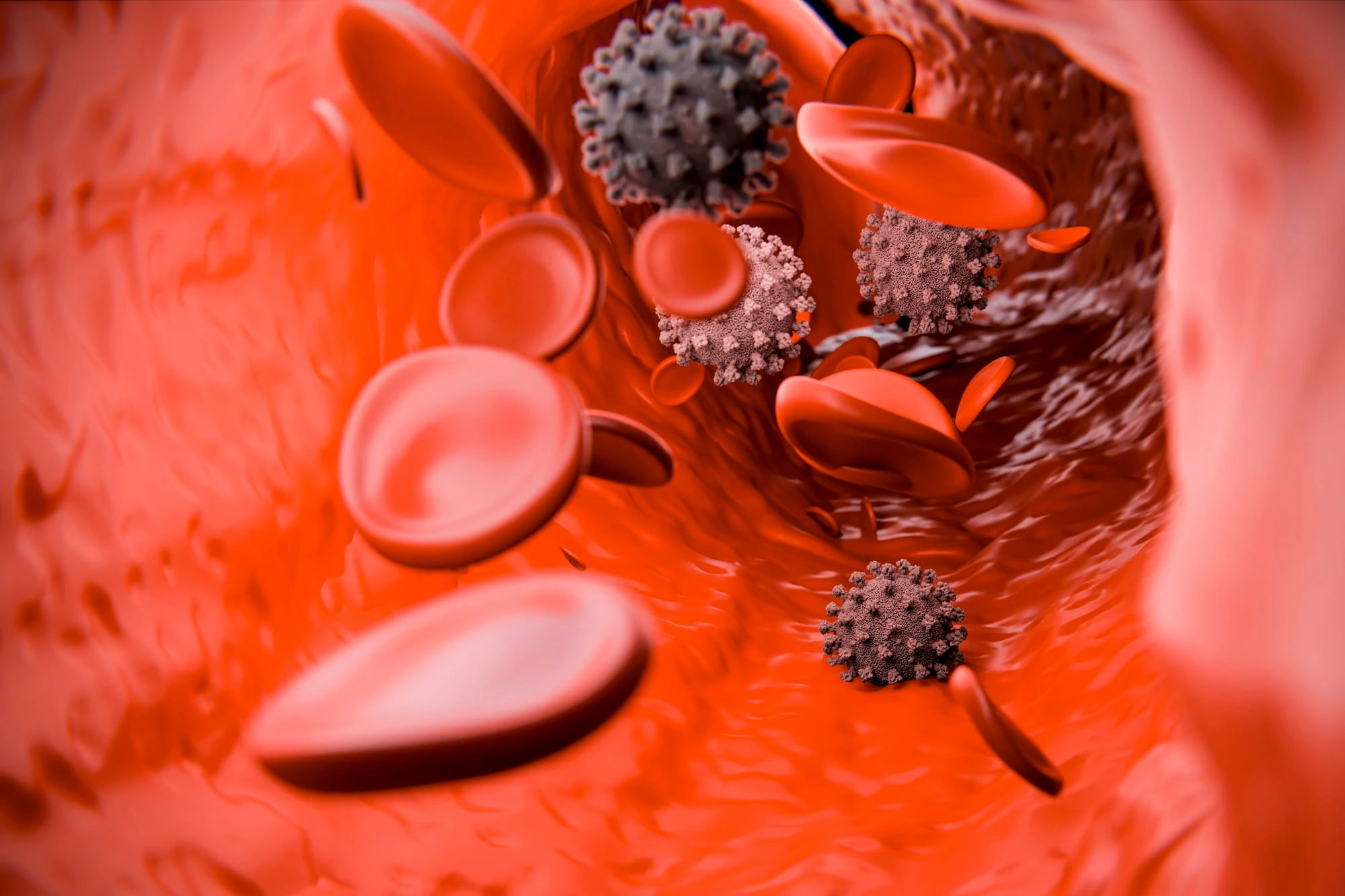
Why Blood Cancers Are Rising Among Young Adults: Symptoms, Causes & When to See a Specialist

In recent years, a concerning trend has emerged—an increase in the number of young adults diagnosed with blood cancers. Traditionally thought to affect older individuals, blood cancers like leukemia, lymphoma, and multiple myeloma are now being identified in people in their twenties and thirties. This shift is raising important questions about causes, risk factors, and the need for early diagnosis. Understanding the signs and seeking timely care at a reputed oncology hospital in Chennai is crucial for better outcomes.
What Are Blood Cancers?
Blood cancers are a group of malignancies that affect the blood, bone marrow, and lymphatic system. Unlike solid tumors, these cancers interfere with the body’s ability to produce and regulate healthy blood cells. The three main types include leukemia, which starts in the bone marrow and affects white blood cell production; lymphoma, which originates in the lymphatic system; and multiple myeloma, which involves plasma cells in the bone marrow.
Why Are Cases Rising in Young Adults?
The increasing incidence of blood cancers in younger populations is a multifactorial issue. While genetics play a role, lifestyle and environmental factors are increasingly under scrutiny. Exposure to pollutants, rising stress levels, poor dietary habits, and sedentary lifestyles have all been linked to weakening immunity and potential disruption of normal cellular functions.
In addition, increased awareness and access to advanced diagnostic tests mean that more cases are being identified early. In the past, vague symptoms might have been overlooked or attributed to less serious conditions. Now, with better health literacy and more comprehensive testing, these cancers are detected more frequently and at younger ages.
Recognizing the Symptoms Early
Blood cancers often present with non-specific symptoms, which can delay diagnosis. Fatigue that does not improve with rest, unexplained weight loss, frequent infections, easy bruising or bleeding, night sweats, and persistent fevers should not be ignored. Swelling of lymph nodes, particularly in the neck, armpit, or groin, may also indicate a developing issue.
Because these signs are easily mistaken for other common illnesses or stress-related conditions, it’s vital to pay attention to persistent symptoms. Young adults often delay seeking medical help, attributing their symptoms to work pressure or fatigue, which can lead to late-stage diagnoses.
When to See a Specialist
If any of the symptoms persist for more than two weeks or worsen over time, it is essential to consult a physician. General practitioners can perform preliminary tests, but further evaluation by an oncologist is necessary if blood cancer is suspected. Specialists at an experienced oncology hospital in Chennai can perform targeted diagnostic procedures such as blood tests, bone marrow biopsies, and imaging studies to confirm the diagnosis.
Early referral and diagnosis can significantly improve the chances of successful treatment. Many blood cancers respond well to chemotherapy, immunotherapy, and stem cell transplantation when detected in their early stages.
Treatment Advances and Support
Advancements in medical technology and cancer therapies have significantly improved survival rates for young patients with blood cancers. Personalized treatment plans based on genetic markers and molecular profiling are becoming standard in many cancer centers. These approaches not only increase treatment effectiveness but also reduce long-term side effects.
Psychosocial support is also a critical part of the treatment journey. Younger patients often face emotional and financial stress along with their diagnosis. A good oncology hospital will offer counseling services, support groups, and patient navigators to help them manage these challenges.
Choosing the Right Oncology Hospital in Chennai
Getting care from a reputed oncology hospital in Chennai ensures access to multidisciplinary teams, including hematologists, oncologists, pathologists, and radiologists. These institutions provide comprehensive care, from diagnosis to recovery, all under one roof. They also stay updated with global treatment protocols and offer cutting-edge therapies tailored to individual patient needs.
Facilities with integrated support services, including nutritionists, mental health professionals, and palliative care experts, are especially beneficial for young patients. These comprehensive services ensure that every aspect of a patient’s health is addressed during treatment and recovery.
Conclusion
The rise in blood cancers among young adults is a wake-up call for both individuals and the medical community. Early recognition of symptoms and timely intervention are crucial to improving outcomes. With the expertise available at leading centers like a top-tier oncology hospital in Chennai, patients can access world-class care tailored to their unique needs. Awareness, regular checkups, and a proactive approach to health can make a life-saving difference in the fight against blood cancers. For compassionate and expert care, Sundaram Medical Foundation (SMF) stands out as a trusted name, offering comprehensive oncology services and patient-centered support in Chennai.

